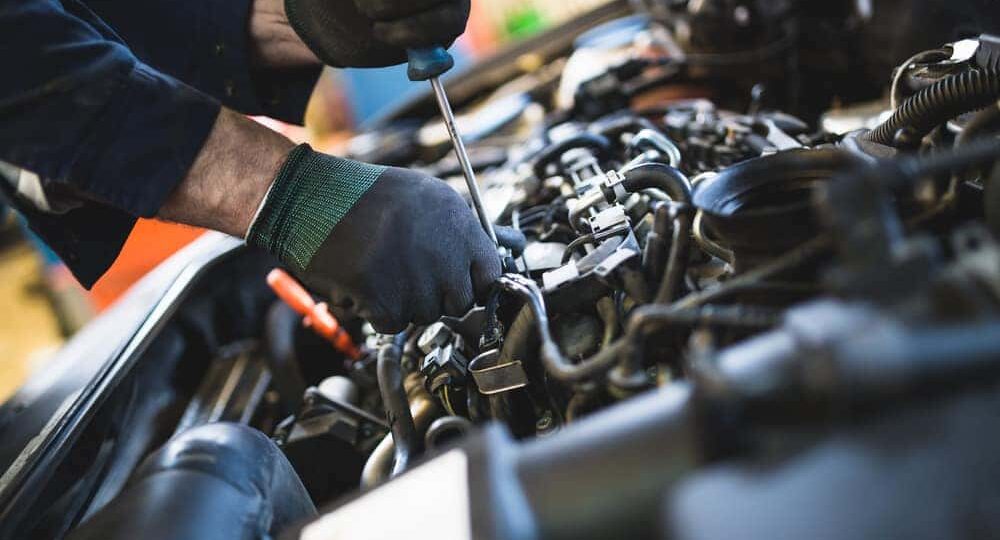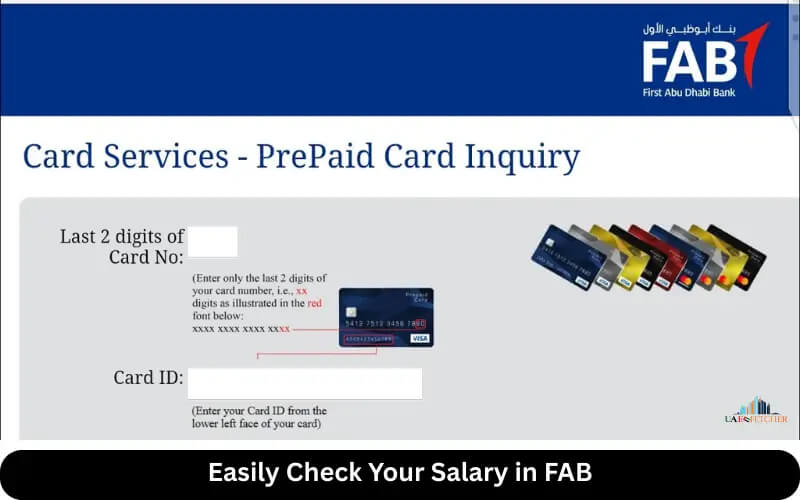
Keeping your Honda in good condition isn’t just about maintaining its performance—it’s also about ensuring its longevity and reliability on the road. Every Honda owner knows that routine maintenance plays a huge role in preventing major repairs later on. From oil changes to spark plug replacements, these small tune-ups help your car run smoothly and efficiently. But when it comes to figuring out how much a Honda tune-up costs, the answer can vary based on the model, the type of service, and how thorough the tune-up actually is. On average, a Honda tune-up can range from $150 to $500, but this number can climb higher depending on what needs to be done and where you take your car for service.
Average Tune-Up Cost for Honda Vehicles
When you schedule a tune-up for your Honda, the total cost depends on several factors such as the age of the vehicle, the type of engine, and the extent of the service. For example, a simple oil change on a Honda Accord might only cost around $50, while a full tune-up on a larger vehicle like the Honda Pilot or Ridgeline could easily exceed $500. It’s always smart to get estimates from multiple shops before booking your appointment. Some maintenance tasks are fairly easy to handle yourself if you’re comfortable working with basic tools, which can help you save money. However, for most owners, having a certified technician inspect and tune the car ensures that every part of the system is running as it should.
What’s Included in a Honda Tune-Up
A Honda tune-up isn’t a one-size-fits-all service—it’s a combination of checks and replacements depending on your vehicle’s mileage and age. Usually, it includes an oil and filter change, tire rotation, brake inspection, and spark plug replacement. Mechanics may also inspect the air filters, belts, and hoses to make sure there are no cracks or leaks that could lead to bigger problems down the road. Fluids such as brake, transmission, and coolant are also checked and refilled if needed in a used fuso truck for sale. In newer Hondas, the technician may scan your onboard computer for error codes if the check engine light is on. This helps diagnose any hidden issues that might be affecting performance.
A comprehensive tune-up goes beyond these basic steps—it’s about making sure every part of your vehicle’s engine and supporting systems are in sync. That’s why during a major service, your mechanic might perform brake fluid or coolant flushes, replace worn-out belts, and ensure that the suspension system is working properly.
Each of these tasks plays a vital role in keeping your Honda efficient and safe to drive, and while the costs can add up, they’re far less than what you’d pay for an engine or transmission replacement caused by neglected maintenance.
How Often Should You Get a Honda Tune-Up
Every Honda model has its own maintenance schedule, which is outlined in the owner’s manual. As a general rule, basic maintenance tasks like oil changes and tire rotations should be done every 7,500 miles or at least once a year. At around 15,000 miles, it’s recommended to have a more detailed inspection that includes brake checks, fluid top-offs, and a system-wide evaluation. More in-depth services, such as air filter replacements, spark plug changes, and drive belt inspections, are typically due around 30,000 miles or every four years.
These intervals are cumulative, meaning that as your car ages and the mileage increases, more services get added on top of previous ones. So, when your vehicle reaches 30,000 miles, it needs everything from the 7,500-mile and 15,000-mile checkups as well. This layered maintenance is what causes the cost of tune-ups to increase over time, but it’s also what helps your Honda maintain its smooth performance for years to come. Skipping even a small service might seem harmless at first, but it can lead to gradual wear that eventually turns into costly repairs.
Signs That Your Honda Needs a Tune-Up
Even if you’re keeping up with the recommended schedule, your car might start showing signs that it needs attention sooner. One of the most common indicators is a warning light on the dashboard. If you see the check engine or low oil pressure light come on, it’s a clear sign something isn’t right. A flashing check engine light is particularly serious and means you should stop driving immediately to avoid damaging the engine. Strange sounds—like knocking, squealing, or grinding—can also be early warnings that something in the engine or belts is wearing out.
Besides sounds or lights, you may notice performance issues such as sluggish acceleration, misfires, or rough idling. These are all signs that your spark plugs, fuel injectors, or filters may be due for replacement. Another subtle clue is reduced fuel efficiency. If you start filling up the tank more often even though your driving habits haven’t changed, your engine might not be running as efficiently as it should. In newer Hondas, the maintenance minder system can make things easier by reminding you when service is due. The indicator may even display letter codes showing what type of maintenance is required, helping you stay ahead of potential issues.
What Affects the Cost of a Honda Tune-Up
The total cost of a Honda tune-up can vary greatly based on a few major factors. The first is the type of tune-up itself. A simple oil and filter change will naturally cost much less than a full service that involves spark plug replacements, fluid flushes, and system diagnostics. The second factor is the model of your Honda. Compact cars like the Civic or Fit are typically cheaper to service than larger SUVs or trucks like the CR-V or Ridgeline, mainly because of labor time and part prices. Vehicles with more complex engines, such as V6s, often take longer to service and therefore cost more.
Another factor is the choice between OEM and aftermarket parts. Original Equipment Manufacturer (OEM) parts come directly from Honda and guarantee the same quality and performance as the factory-installed components, but they also come at a higher price. Aftermarket parts can be cheaper and are widely available, though the quality can vary depending on the brand. Lastly, labor rates differ based on location and shop type. Dealerships generally charge more because their technicians are factory-trained and use genuine parts, while independent mechanics may offer lower rates but use third-party components. Balancing cost, reliability, and service quality is the key to getting the best value from your tune-up.
Why Regular Tune-Ups Are Worth It
It might be tempting to skip a scheduled tune-up, especially if your car seems to be running fine, but this can lead to hidden damage that becomes much more expensive to fix later. Old oil can thicken into sludge, clogged filters can strain the engine, and worn spark plugs can reduce performance and fuel efficiency. Over time, this neglect shortens your engine’s life and causes other systems to wear out prematurely. Routine maintenance, on the other hand, keeps everything running in harmony and prevents smaller issues from turning into major repairs.
A tune-up is more than just a checklist—it’s an investment in your car’s future. It improves your Honda’s fuel efficiency, engine response, and reliability while saving you from sudden breakdowns. If you follow your manufacturer’s maintenance schedule and address any problems as soon as they arise, your Honda can easily stay dependable for well over a decade. Think of every tune-up as insurance for your car—small costs today that protect you from much bigger expenses tomorrow.
RELATED POSTS
View all



